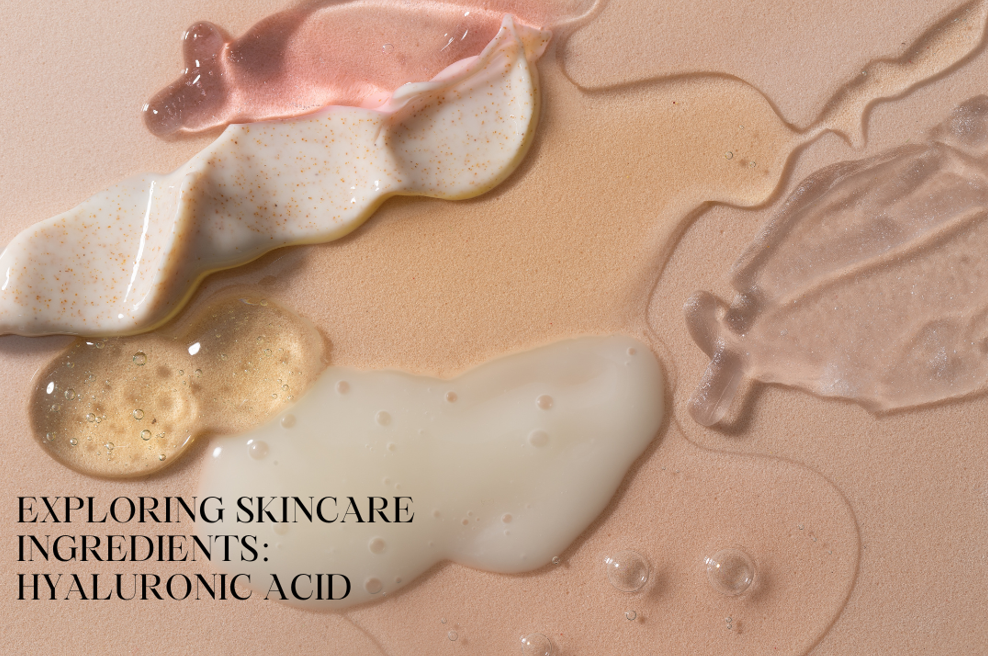What is hyaluronic acid in skincare?
Hyaluronic acid is a type of molecule that is naturally found in our skin, joints, and connective tissues. In skincare, it is a popular ingredient due to its ability to hydrate and plump the skin, making it appear more youthful and radiant.
Here are some key benefits of hyaluronic acid in skincare:
- Hydration: Hyaluronic acid is a powerful humectant, which means that it has the ability to attract and retain water molecules. This makes it an excellent ingredient for dry and dehydrated skin, as it helps to boost moisture levels and keep the skin hydrated and plump.
- Anti-aging: Hyaluronic acid can help to minimize the appearance of fine lines and wrinkles by hydrating and plumping the skin. It can also help to improve the skin's elasticity, making it appear more firm and youthful.
- Soothing: Hyaluronic acid has a soothing effect on the skin, making it beneficial for those with sensitive or irritated skin. It can help to calm and reduce inflammation, making it a great ingredient for those with acne-prone or rosacea-prone skin.
- Lightweight: Hyaluronic acid has a lightweight, non-greasy texture that makes it easy to incorporate into a skincare routine. It is often used in serums, moisturizers, and masks, and can be used on all skin types.
- Versatile: Hyaluronic acid can be used in combination with other skincare ingredients, making it a versatile ingredient in a skincare routine. It can be paired with antioxidants, retinoids, and vitamin C to enhance the overall benefits for the skin.
How to incorporate hyaluronic acid in skincare.
Hyaluronic acid is a versatile ingredient that can be incorporated into your skincare routine in several ways. Here are some tips on how to use hyaluronic acid in your skincare routine:
- Choose the right product: Look for skincare products that contain hyaluronic acid in the ingredient list, such as serums, moisturizers, or masks. Choose a product that is formulated for your skin type and concerns.
- Apply to damp skin: Hyaluronic acid works best when applied to damp skin. After cleansing and toning your skin, apply a small amount of hyaluronic acid serum or moisturizer to your face while it is still slightly damp. This will help to lock in moisture and boost hydration.
- Follow with moisturizer: After applying hyaluronic acid, follow with a moisturizer to seal in the hydration. This will help to prevent moisture loss and keep your skin looking plump and hydrated.
- Use regularly: To see the best results, use hyaluronic acid regularly, at least once or twice a day. This will help to maintain optimal hydration levels in your skin.
Overall, hyaluronic acid is a valuable ingredient in skincare, with a wide range of benefits for the skin. It can help to improve the skin's hydration, reduce the appearance of fine lines and wrinkles, soothe and calm the skin, and is suitable for all skin types.









